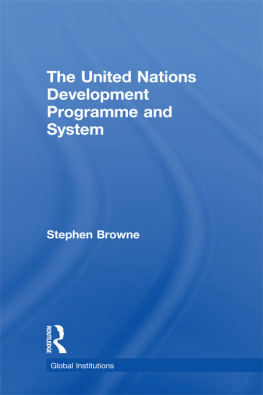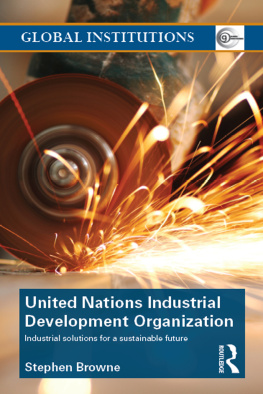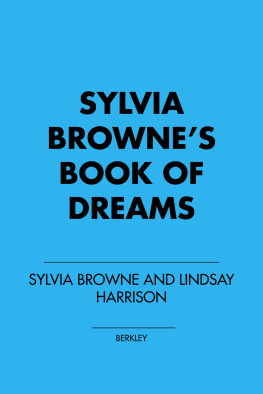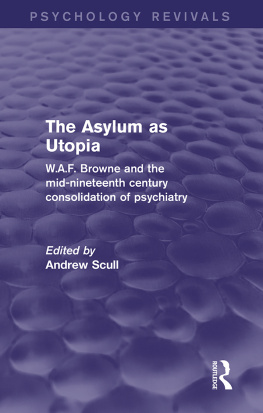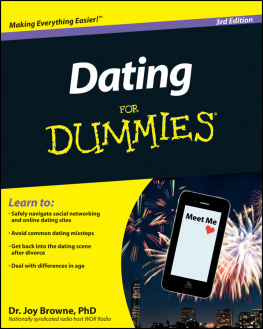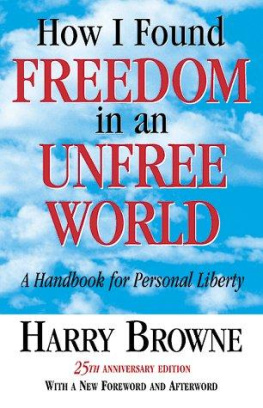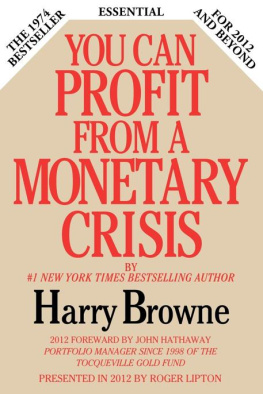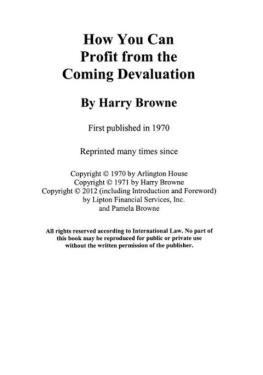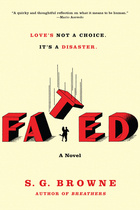
BEYOND AID
To Frdrique
and in memory of Liz
The world is moving to a new concept of what aid should be aboutthe new philosophy involves changing the relationship between donor and recipient governments from charity and dependency to interdependence and shared contractual obligation.
Commission on Global Governance, 1995
To meet new challenges in an interdependent world we must move away from old ideas of foreign aid as a short-term foreign policy tool and towards a cooperative approach where donor and recipient each bring something to the table for the benefit of both trade, investment and debt relief, much more than aid, are what countries really need in the long run, and these elements must be part of development assistance.
United Nations Development Programme, Publicity Brochure, 1995
The globalisation process is set to continue and to deepen. And getting off the merry-go-round is simply not an option.[developing countries] must give priority to trade policy reforms, encouraging the private sector to get involved in the process. And they must take better advantage of the market access opportunities available to them in the developed world and, increasingly in the more advanced developing countries.
UNCTAD Secretary-General Rubens Ricupero, 1997
Investment is the shortest route to developmentaid is a life-support system for something that is already dead.
Ugandan President Yoweri Museveni, 1998
Beyond Aid
From Patronage to Partnership
STEPHEN BROWNE
First published 1999 by Ashgate Publishing
Reissued 2018 by Routledge
2 Park Square, Milton Park, Abingdon, Oxon, OX14 4RN
711 Third Avenue, New York, NY 10017
Routledge is an imprint of the Taylor & Francis Group, an informa business
Copyright Stephen Browne 1999
All rights reserved. No part of this book may be reprinted or reproduced or utilised in any form or by any electronic, mechanical, or other means, now known or hereafter invented, including photocopying and recording, or in any information storage or retrieval system, without permission in writing from the publishers.
Notice:
Product or corporate names may be trademarks or registered trademarks, and are used only for identification and explanation without intent to infringe.
Publishers Note
The publisher has gone to great lengths to ensure the quality of this reprint but points out that some imperfections in the original copies may be apparent.
Disclaimer
The publisher has made every effort to trace copyright holders and welcomes correspondence from those they have been unable to contact.
A Library of Congress record exists under LC control number: 99073320
ISBN 13: 978-1-138-32041-3 (hbk)
ISBN 13: 978-1-138-32046-8 (pbk)
ISBN 13: 978-0-429-45328-1 (ebk)
Contents
NOTES: The views in this book are the authors own and do not necessarily represent those of the United Nations or its governing bodies.
Unless otherwise specified, the $ sign in this book refers to the United States dollar. The words billion and trillion mean one thousand million (109) and one million million (1012) respectively.
The decline of aid in its traditional form is a fact of life. We are moving away, rather than towards, the 0.7% target set by the Pearson Commission; at present such traditional aid, as defined by the Development Assistance Committee of the OECD (DAC) reaches barely one-third of this target. This decline has been accompanied by shifts in development thinking away from financial resources to human capital, social capital, policies and institutions. The declining belief in aid as capable of leveraging development in the absence of other essential conditions has been strengthened by the failure of much econometric and empirical research to find a clear correlation between aid flows and economic growth. Nobody would claim that aid, even if its decline could be arrested or reversed, is a necessary and sufficient condition for growth, let alone development. Hence a need to go beyond aid. This book is an important attempt to do so by an author well qualified both by previous research and practical experience.
Stephen Browne accepts the importance and effectiveness of aid as a catalyst in friendly circumstances. But he does argue that at present it is more important to create these friendly circumstances than to increase traditional aid under conditions of patronage. In any case, the transfer of financial resources to poorer countries is usually cancelled out - or more than cancelled out - by the opposite transfer from poor to rich as a result of falling commodity prices, deteriorating terms of trade, debt service, tenaciously lingering obstacles to their exports, transfer of profits from previous foreign investments. It clearly makes sense to look at these negative transfers and remove the paradox of such negative transfers occurring side by side with - and overwhelming - the flow of aid. In particular, one must support the emphasis on the solution of the debt crisis on generous terms, going well beyond the present HIPC (Highly Indebted Poor Countries) initiative in all dimensions (coverage, duration, conditionality etc.). Debt reduction may well be the most effective form of aid, given the vicious circle between debt pressure and deteriorating terms of trade. The same applies perhaps even more strongly to the speedy removal of remaining obstacles to their trade. Although not so easily quantifiable as financial flows, such more direct action beyond aid will certainly have greater leverage on development.
The author also specifically shields emergency aid from any switch into such more effective action. Given a suitably broad definition of emergency to include post-emergency rehabilitation and reconstruction and together with aid effective under friendly circumstances and aid which -through NGOs or otherwise - can be effectively targeted on the poor, this still leaves an ample field for aid, quite possibly more than present flows.
What developing countries can do to advance their development through their own efforts even with diminishing reliance on the direct transfer of aid resources, is well expressed by the sub-title From Patronage to Partnership and developed in of this book. In their pertinence and realism they reflect Stephen Brownes rich relevant experience. As a staff member of the UNDP, and presently serving in Rwanda as the UN development and humanitarian coordinator, he can speak as one at the cutting edge of the attack on poverty and issues of global, regional and national management. His last chapter summarises his proposals better than a brief preface can do. One must hope that they will be widely and carefully studied.
Professor Sir Hans Singer
Institute of Development Studies
University of Sussex
The world was very different when aid was born. At 50 years old, aid is in a period of mid-life introspection. It has lived through four phases - this book calls them ages - adjusting to changing perceptions and realities. In the fourth age, beginning in the 1990s, both the perceptions and the realities have altered at an accelerating pace.


